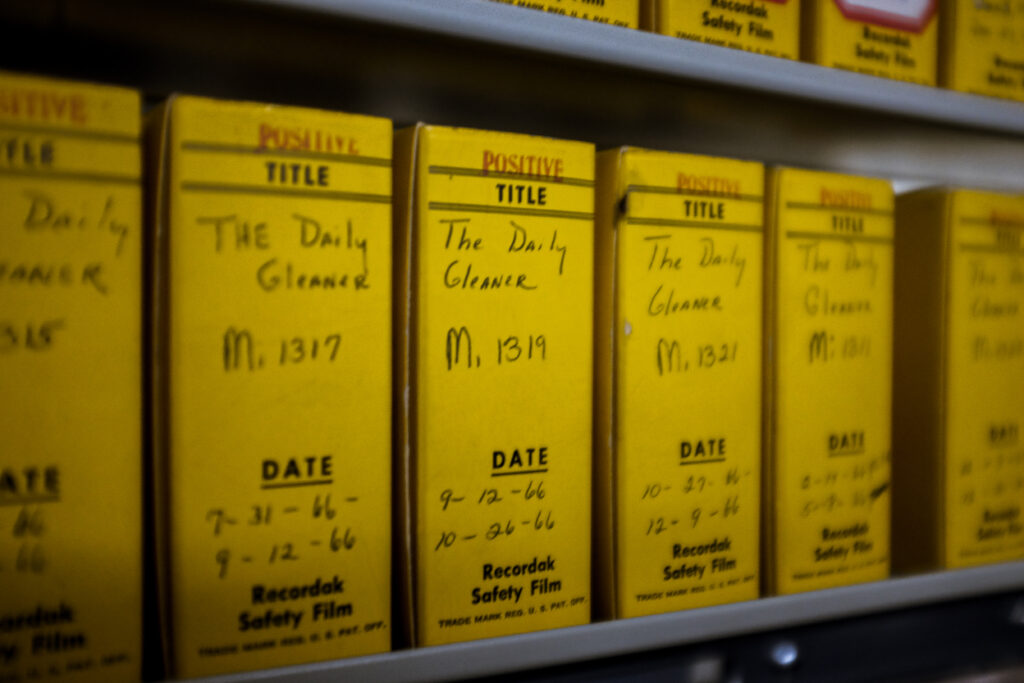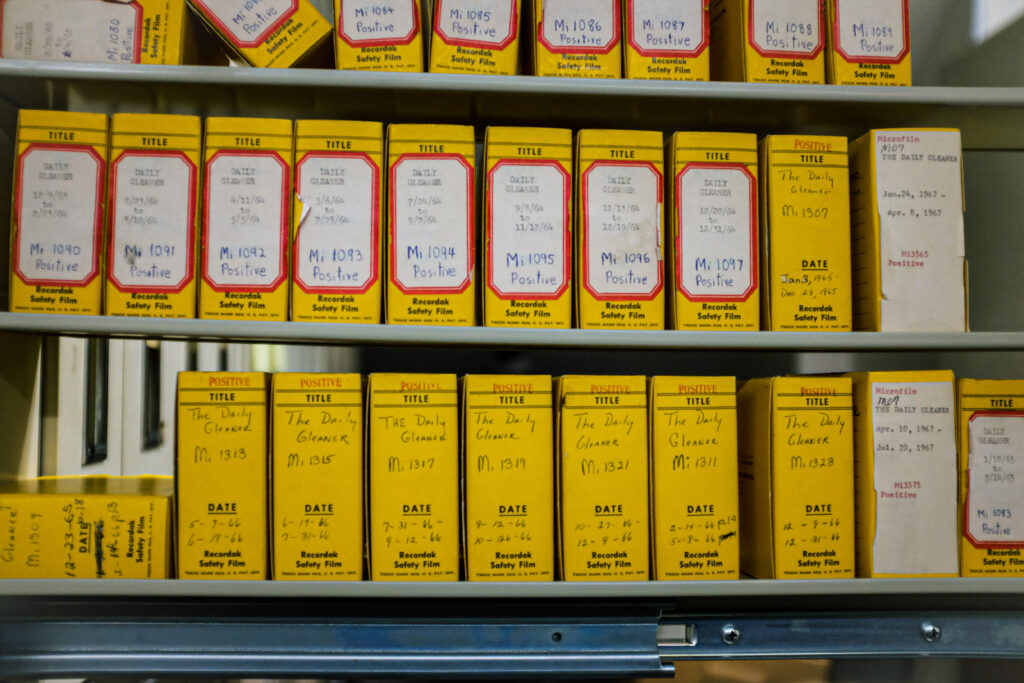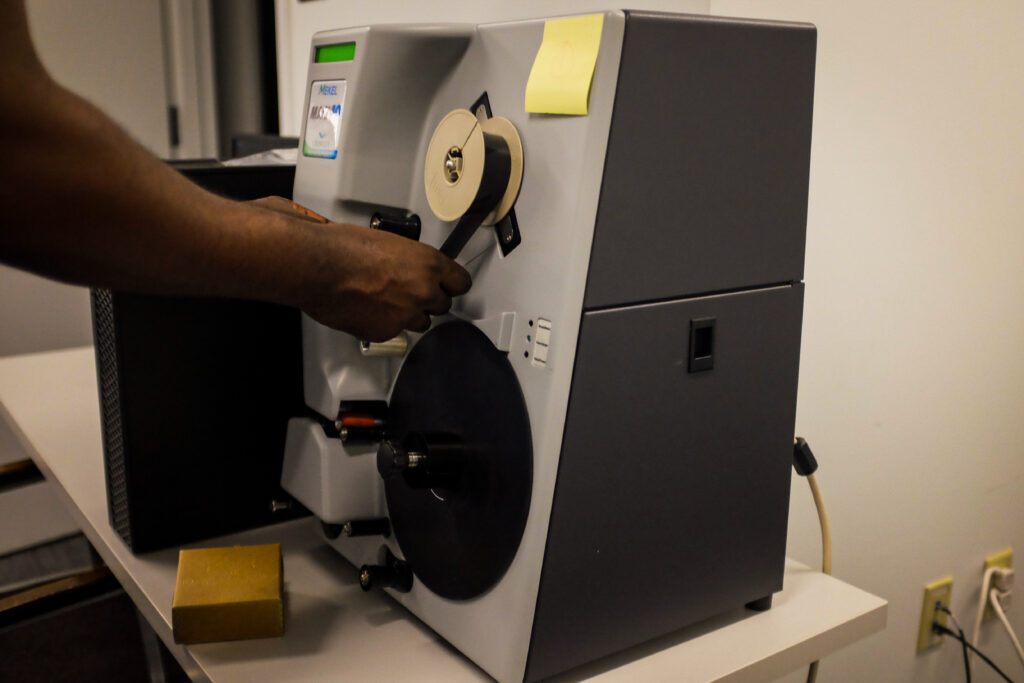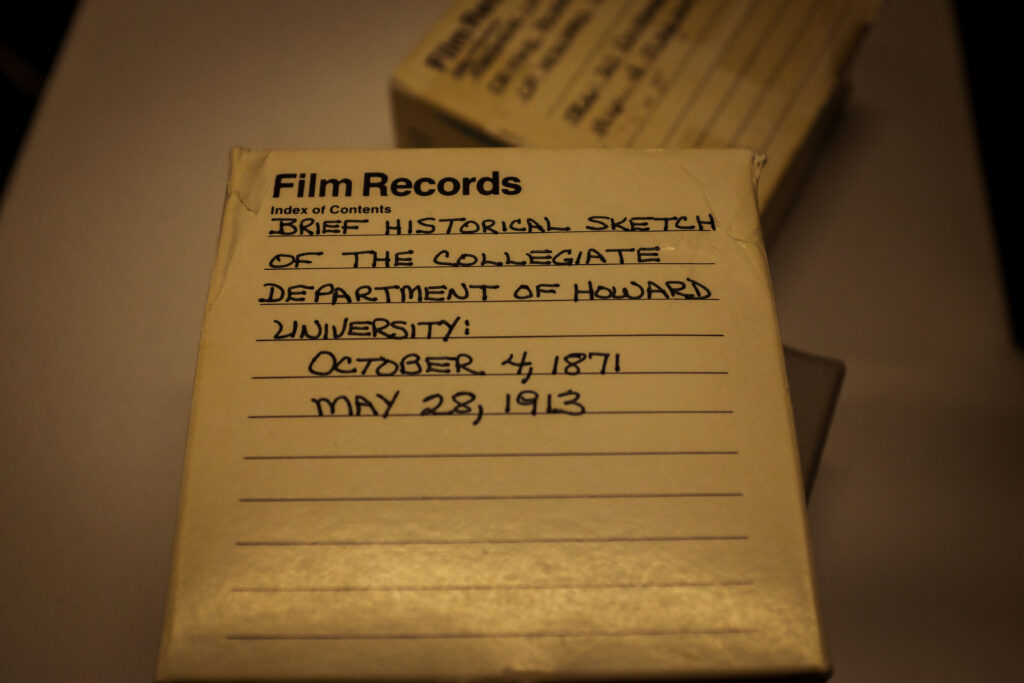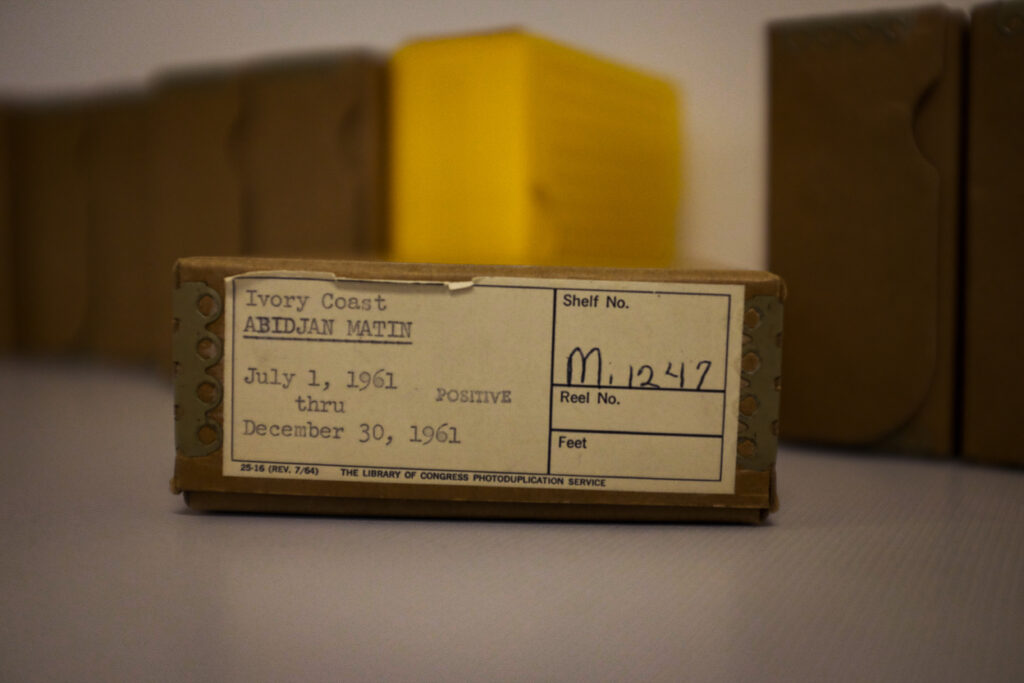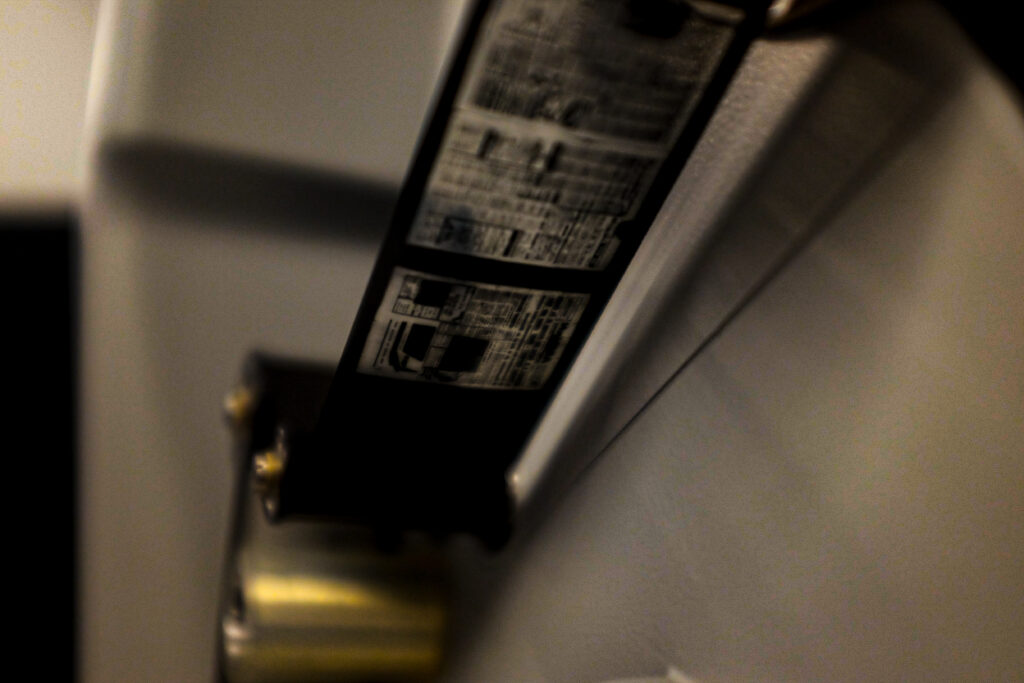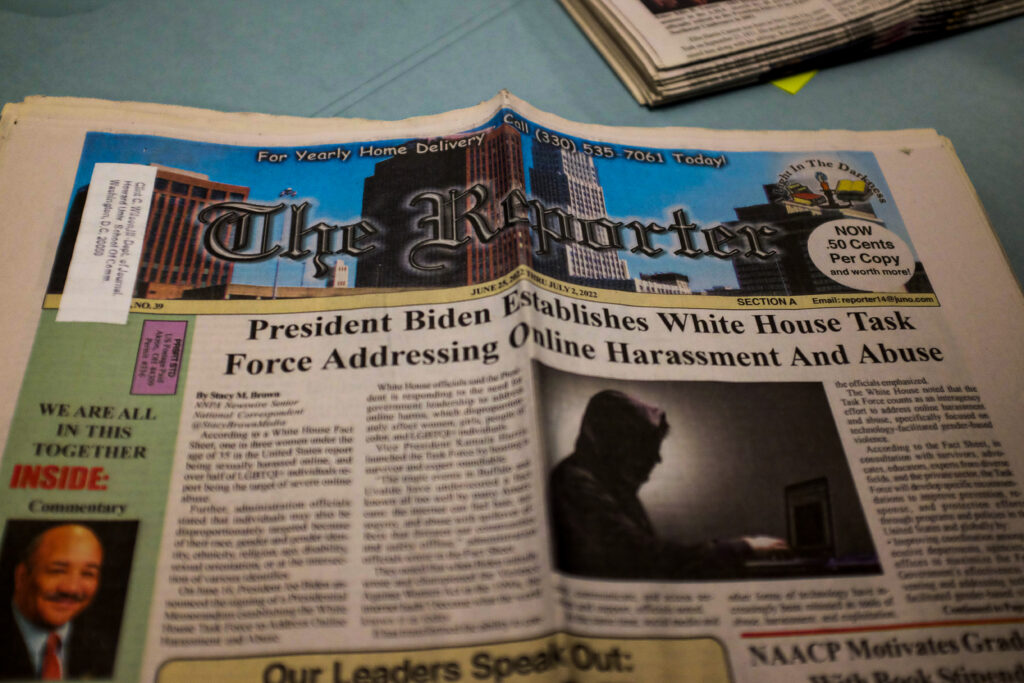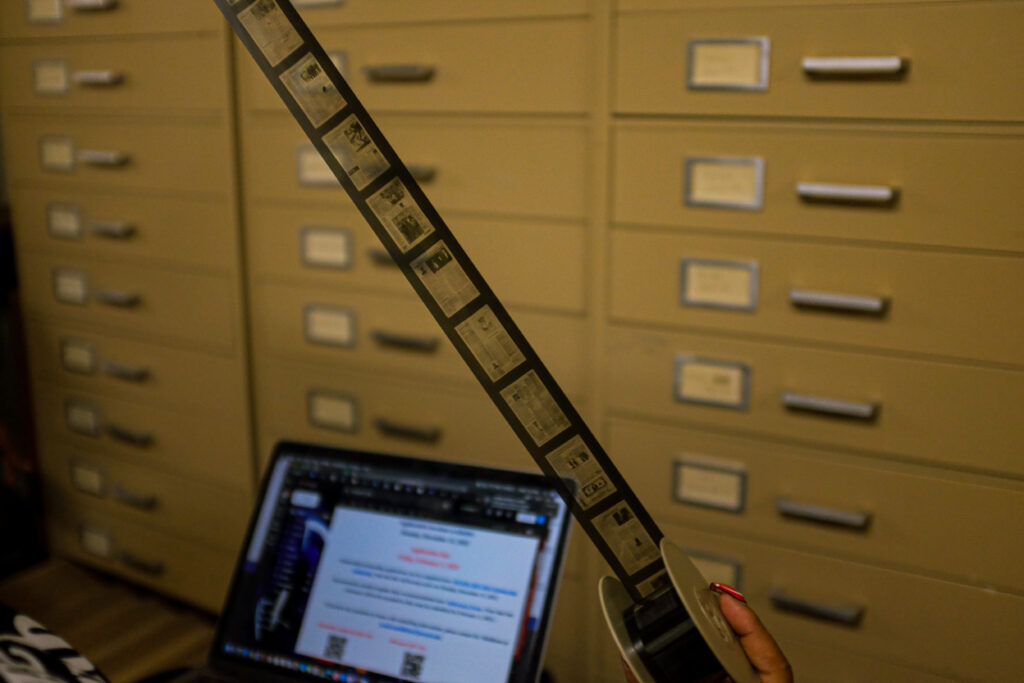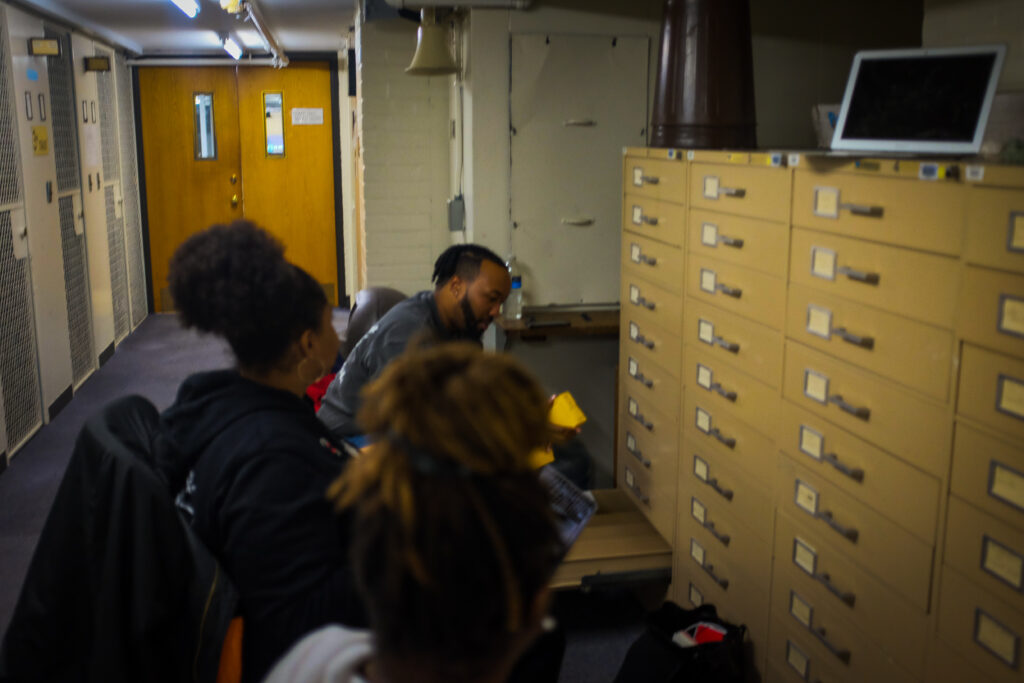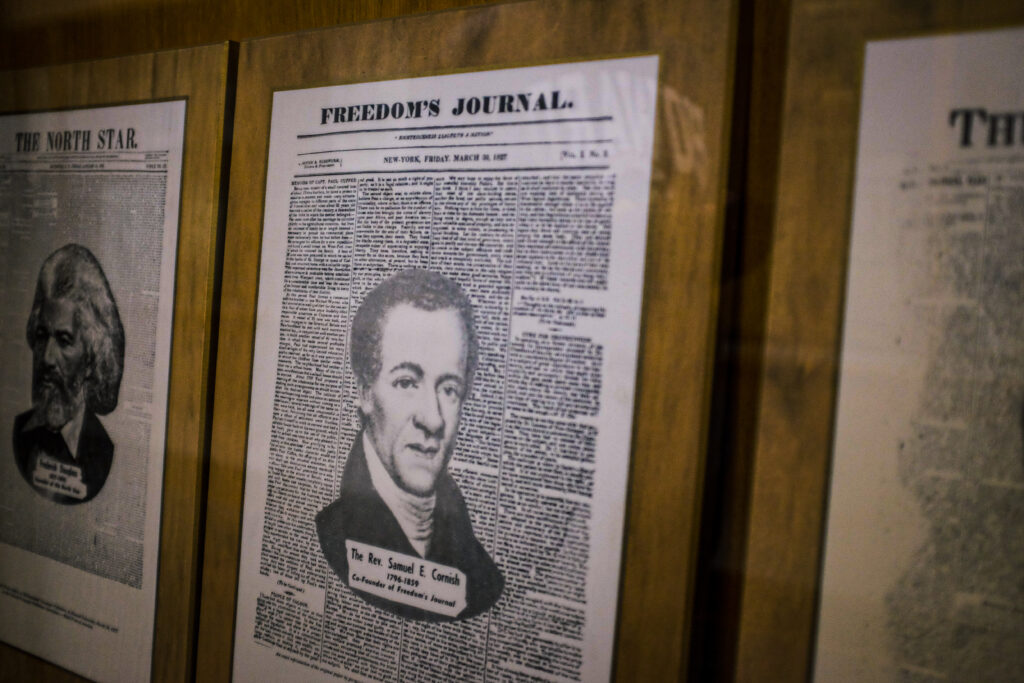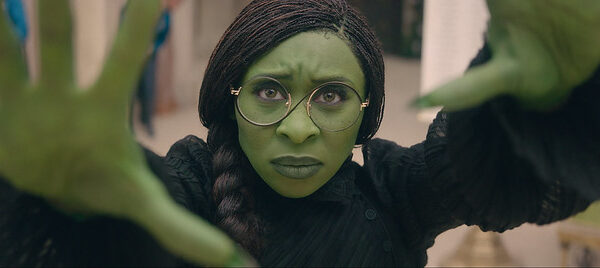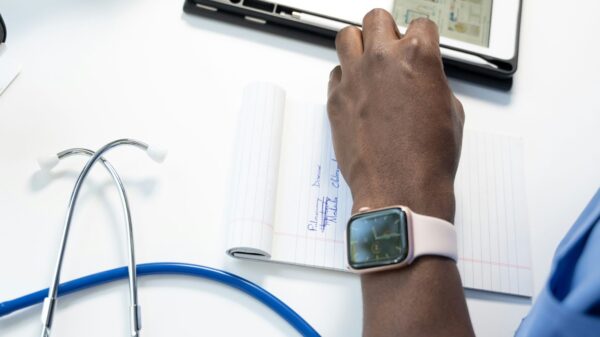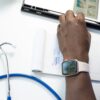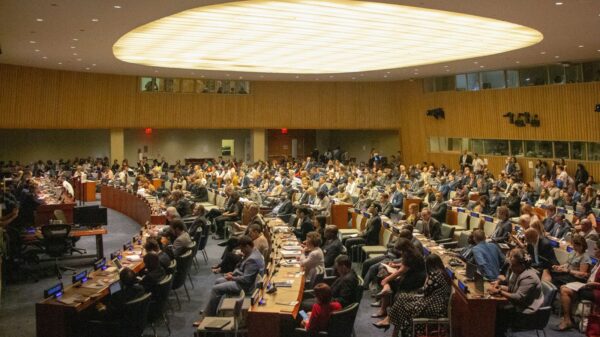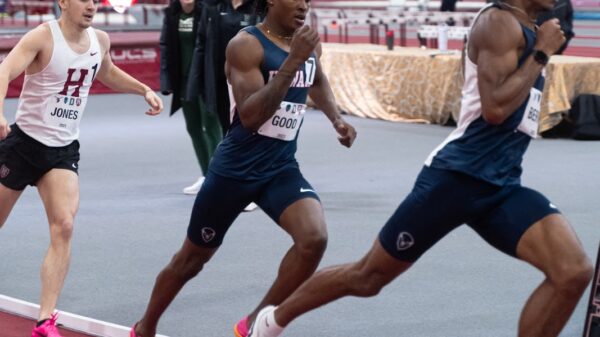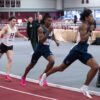
For more than 195 years, the Black press has captured the accomplishments, challenges and everyday lives of people across the African diaspora. Thanks to new digital technologies, thousands of these historic newspapers will be made available to view in an online repository for free.
The Moorland-Spingarn Research Center (MSRC) at Howard University officially launched its Black Press Archives Digitization Project on Nov. 15, aiming to digitize thousands of Black newspapers, individual issues and microfilms for accessible online research.
Funded by a $2 million donation from the Jonathan Logan Family Foundation in February, a team of Howard archivists, technicians and student interns have begun working in MSRC on the multi-year project, hoping to have the entirety of their collection scanned and uploaded to their website by 2027.
Project manager Brandon Nightingale explained that his staff of 14 interns is responsible for organizing the microfilm in alphabetical and sequential order, scanning physical newspapers and nearly 3,000 reels of film, doctoring the digital images so that they are suitable for viewing and organizing the metadata to ensure that the files are accessible.
The digitization team begins with scanning the microfilm using the Crowley digitization machines. From there, the film is uploaded to a digital workspace where it is restored and enhanced using Adobe Photoshop.
“When we’re scanning, we have to make a judgment call that if we want to make this scan right for our collection, we may have to lose out on some pictures in order to make sure that the text is readable. That’s been challenging,” Nightingale said. “Also dealing with the fact that these reels were scanned in the 1980s and 90s, so a lot of those microfilm reels, the way that they were scanned, were wrong.”
Nightingale shared that, while tedious, the process has been highly rewarding.
“We’re simplifying the process for the researcher, anybody interested in these papers, whether you have a journalism background, history background, any background –if you want to access these papers, you won’t even have to come to Moorland,” Nightingale said. “I’m willing to bet that we have papers that we’re going to put on our platform that no other repository has, and we’re making that available to the public for free.”
Founded in 1914, MSRC holds the largest repository of the global Black experience, including books, documents, and a collection of more than 2,000 Black newspapers, according to the University. The extensive collection of newspapers and microfilm was donated by the National Newspapers Publishers Association, which chose to house their collection at Howard in 1973.
The collection includes articles chronicling historic events throughout history, such as The Chicago Defender’s coverage of lynching in America in 1921 and The Pittsburgh Courier’s coverage of Adolf Hitler in 1941. Joseph Sturgeon, a junior history major and microfilm technician intern at the project, shared his enjoyment in viewing the historic collection.
“When going through some of the Ghanaian newspapers, there was a headline in the Ghanaian Times that read, ‘Union Gov’t for Africa Now or Anarchy—Kwame,’ referencing Nkrumah’s rhetoric for a unitary African state, so I think stuff like that sets the tone for things we might find in our collection,” Sturgeon said. “It makes me excited to start scanning.”
On a given day, the digitization team can be found within MSRC, located on the first floor of the Founder’s Library, working on an array of tasks. Amber Nunnery, graduating senior and honors sports medicine major, currently serves as the social media strategist intern alongside two Howard University graduate students, Brandon Brown and Ajali Jones.
Nunnery’s work emphasizes the project’s social media presence, hoping to develop innovative ways to ensure the project reaches new audiences every day. In addition to curating content for social media, Nunnery and the project interns have been trained in the digitization process. Nunnery shared that her favorite part of the project is collaborating with “so many talented and brilliant individuals.”
“From working alongside graduate and fellow undergraduate students to gaining insight from gifted minds, such as Dr. Benjamin Talton, Director of the Moorland-Spingarn Research Center, I am constantly gathering new knowledge and additional perspectives daily,” she said.
While the Black Press Archives Digitization Project is in its earlier stages, as Nightingale described, the team has already been met with some challenges. Nightingale shared that the digitization team has been unable to scan the older physical newspapers due to their fragile conditions.
“Our physical newspaper collection hasn’t really been touched because there is a lot of mold and deterioration on these newspapers,” Nightingale said. “We have to get these treated and make sure that they’re safe and good enough for us to access, and then we can start scanning everything. We can’t even access the papers right now because it’s a risk.”
Nightingale further explained that the papers would be moved to a temperature-controlled room in Founders Library and treated sometime over the upcoming winter break. In the meantime, the team continues to scan the newer physical papers that have been sent in from publishers across the country.
While the team works diligently to complete their 5-year goal for the project, Nightingale encouraged students and anyone in the area to stay up to date with Black Press Archives Digitization Project through their social media or by visiting the research center to learn more about the Black press.
“We want you to come check us out. If you’re a student on campus or you live in the DMV area, please contact us and let us know you want to come and we’ll let you see some of the great work we’re doing,” Nightingale said.
Copy edited by Alana Matthew


